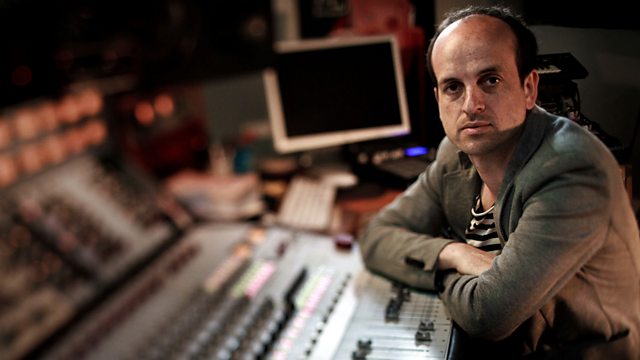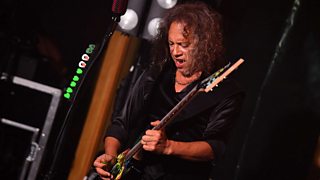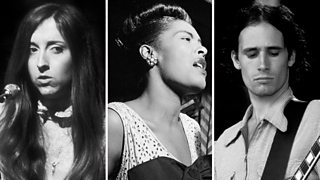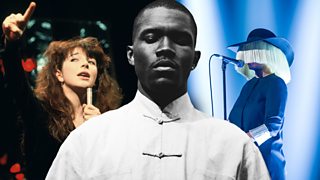The Art of the Loop
Musician Matthew Herbert asks if pre-recorded loops are setting music makers free from the constraints of traditional instruments or killing creativity.
Most current pop music is created not with live instruments, but from pre-formed, off the shelf chunks of music known as loops. Musician Matthew Herbert explores the art of the loop and the million-dollar industry that has grown up around it, and asks whether it is setting music makers free from the constraints of traditional instruments or killing creativity.
Loops are pre-recorded performances, typically of a solo instrument, and typically 1 or 2 bars long. Looping isn't new - it started soon after the advent of tape recorders. But recent advances in computer technology and software mean that effects which once needed a full-scale studio costing thousands of pounds can be created for little or no cost on a laptop or even a mobile phone. A CD of loops costing £10 can be used to make a million-selling international hit, but who is the real composer?
Matthew once made an entire album from the sounds of a single pig's life, so he's no stranger to the benefits of loops and sampling. He talks to producers, musicians and loop-creators and experiments with technology ancient and modern; he hears from looping's defenders and detractors and looks into a musical future which he finds fascinating but many find terrifying.
And, along the way, he builds a dance track out of a Radio 4 Continuity announcer.
Produced by Micky Curling
A Folded Wing production for �鶹�� Radio 4.




